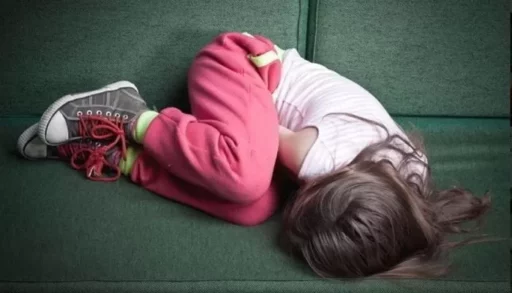Seoul's Seodaemun-gu Elementary School Food Poisoning Suspected Incident, Over 100 Show Symptoms
At an elementary school in Seodaemun-gu, Seoul, over 100 students and staff have shown symptoms of suspected food poisoning, prompting health authorities to initiate an epidemiological investigation.
According to the Seoul Metropolitan Office of Education, reports of symptoms such as diarrhea, vomiting, abdominal pain, and fever were received from the school starting from the afternoon of the 8th.

Health authorities began the epidemiological investigation on the 9th, but a Seoul Metropolitan Office of Education official stated, "A precise examination by the Health and Environment Research Institute is necessary, and it will take about two months to get the results of the epidemiological investigation."
Safety Concerns Due to Changes in Meal Environment, Rising Parental Anxiety
Earlier this year in February, safety issues regarding one school building led to the postponement of the school start date to March 10. In particular, the building housing the cafeteria was closed for safety reasons, resulting in the school providing meals cooked by an external vendor served in the gymnasium.
The method of serving meals cooked by an external vendor in the gymnasium
With the delay in the school start date followed by a large-scale suspected food poisoning incident, parental dissatisfaction has surged.
One first-grade parent expressed anxiety, saying, "One-third of the students in our class are complaining of stomachaches. Isn't this enough to suggest a causal relationship with the meals?"

Another parent stated, "My child is in the first grade, so we have five more years to go. I'm worried about how to entrust my child to a school that has lost my trust."
Waiting for Epidemiological Investigation Results, Discussion on Requests for Audit by Parents
Some parents are reportedly discussing requests for audits of the school. However, until the results of the epidemiological investigation reveal a clear cause, official action against the school or the meal provider is unlikely.
To date, no formal request for an audit has been submitted to the Seoul Metropolitan Office of Education.

According to the Ministry of Food and Drug Safety, food poisoning in group meals is primarily attributed to inadequate temperature control of ingredients, cross-contamination during the cooking process, or delays in storage after cooking. Especially in temporary meal environments, these risk factors can be exacerbated, necessitating thorough hygiene management.
The Ministry of Education mandates the identification of causes and the establishment of measures to prevent recurrence in the event of safety incidents related to school meals and requires special hygiene inspections for schools where food poisoning occurs.
Image source: unrelated material photo / gettyimagesbank, An employee from the Waterborne Disease Team of the Infectious Disease Research Division at the Gyeonggi Provincial Health and Environment Research Institute in Gwonseon-gu, Suwon, Gyeonggi-do, is conducting a food poisoning bacterium culture test. / News1, material photo for better understanding of the article / gettyimagesbank


